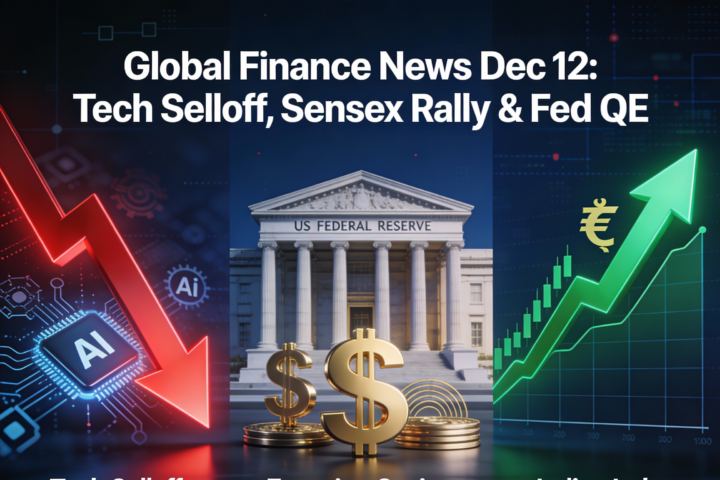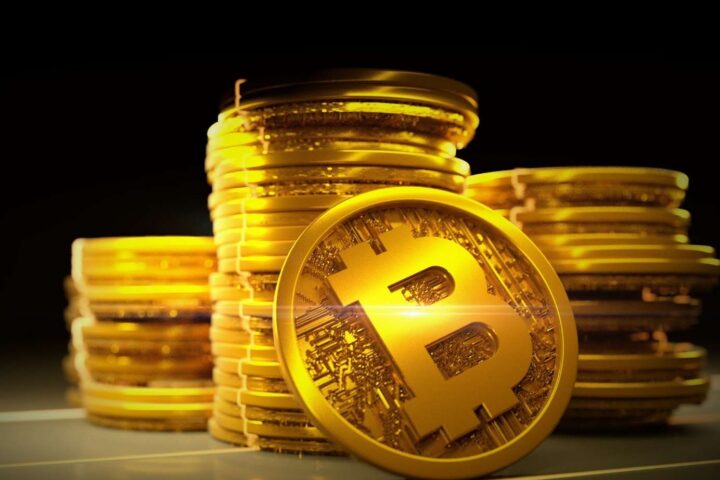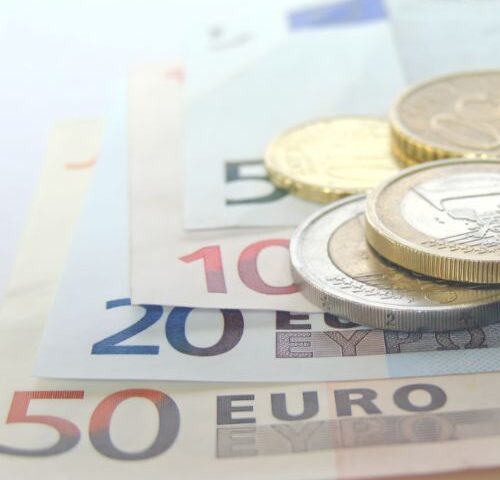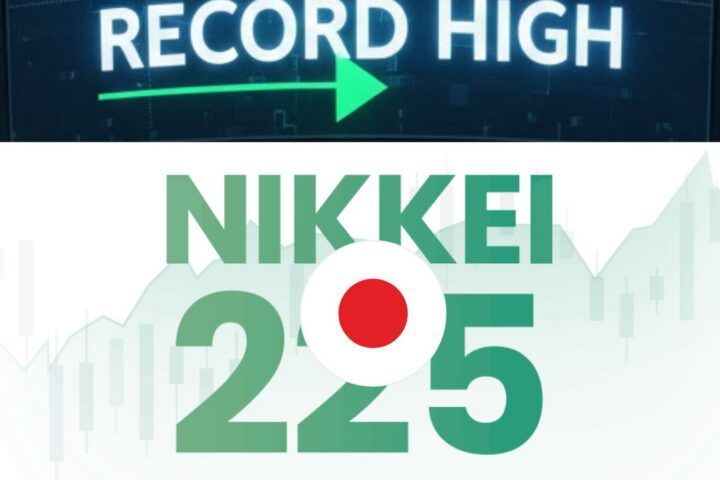The crypto industry has reached a major turning point. The US Securities and Exchange Commission has approved generic listing standards for crypto ETFs. This decision allows US exchanges to list cryptocurrency-backed exchange-traded products more easily, expanding access beyond Bitcoin and Ethereum.
For years, investors and institutions have been waiting for standardized rules. The change is being hailed as one of the most important developments in the financial history of digital assets.
From individual approvals to generic standards
Previously, the SEC reviewed each crypto ETF application on a case-by-case basis. This process left hundreds of filings pending and created uncertainty about which tokens would make it to market. The new generic listing standards for crypto ETFs remove these barriers. Exchanges will now be able to list spot commodity-based ETPs linked to cryptocurrencies, provided they meet clear requirements.
According to analysts, this move signals that the SEC is ready to embrace digital assets within a regulated structure. It is expected to fast-track the listing of new crypto ETFs across a wide range of tokens.
New tokens in the spotlight
Bitcoin and Ethereum ETFs are already active in the US, but several other cryptocurrencies are waiting in line. Solana, XRP, and Dogecoin have pending ETF applications, and with the new standards, more tokens will likely follow.
This shift will not only expand the range of investment options but also attract institutional investors who have been waiting for safer, regulated pathways to enter the crypto market.
Multi-crypto funds enter Wall Street
The SEC has also approved the Grayscale Digital Large Cap Fund, one of the first regulated multi-crypto exchange-traded products. The fund provides exposure to Bitcoin, Ether, XRP, Solana, and Cardano within a single portfolio.
This development allows investors to diversify into multiple cryptocurrencies without managing separate holdings. It highlights how the market is evolving toward broader access and lower barriers for mainstream investors.
The global regulatory race
The United States is leading the charge, but other countries are close behind. Japan, Australia, Canada, and Switzerland are also shaping frameworks to regulate crypto ETFs. The US continues to set the tone after introducing the Genius Act in July 2025, which established a legal structure for stablecoins.
The combination of the stablecoin law and the approval of generic listing standards for crypto ETFs signals a long-term commitment to integrating digital assets into mainstream finance.
Impact on markets and investors
The crypto market reacted quickly to the news. Leading tokens surged overnight as traders anticipated fresh inflows from institutional investors. The precedent is clear. When the first spot Bitcoin ETF launched in January 2024, it attracted billions of dollars in inflows, ranking among the most successful ETF launches in US history.
Portfolio managers now expect the new rules to replicate that success across a broader set of tokens. Investors will have safer entry points into digital assets, while institutions gain a regulated structure to allocate capital.
India’s position on crypto
India has taken a different approach. Cryptocurrencies are legal to buy, hold, and sell under the Income Tax Act, but gains are subject to a 30 percent tax at the time of sale. This provides clarity while limiting speculative activity.
The road ahead
The approval of generic listing standards for crypto ETFs is a breakthrough moment. With Bitcoin and Ethereum ETFs already live, multi-crypto funds gaining traction, and tokens like Solana and XRP on the horizon, the ETF era for digital assets is set to expand rapidly.
For the first time, Wall Street and Main Street have a clear path into crypto through regulated financial products. The only question left is how quickly the momentum will build.
For more details, you can read the official SEC announcement on exchange-traded products.
The SEC’s approval of generic listing standards for crypto ETFs marks a turning point in the global adoption of digital assets. By moving beyond case-by-case approvals, the US has opened the door for tokens like Solana, XRP, and Dogecoin to join Bitcoin and Ethereum in regulated investment products. This move not only reduces barriers for institutional investors but also signals a new era of mainstream access to crypto through ETFs.
At DF Media, we continue to cover the stories that define the future of finance around the world . Follow us for more insights and updates.










